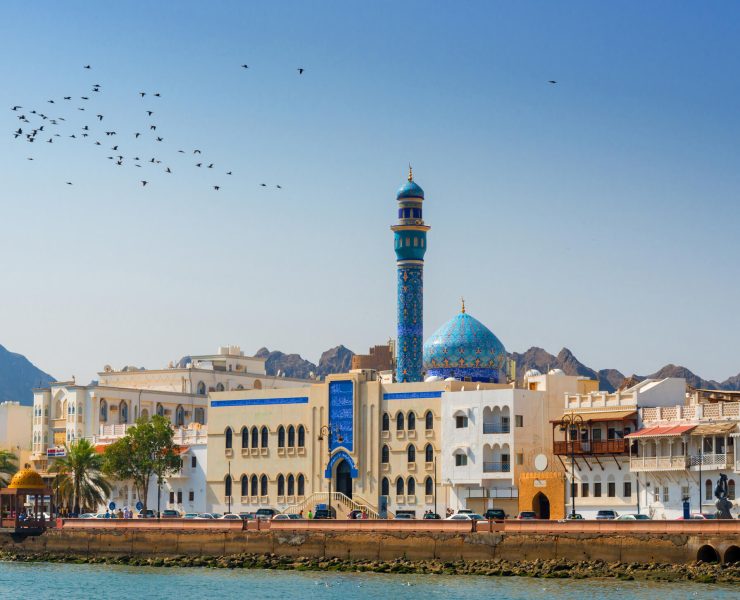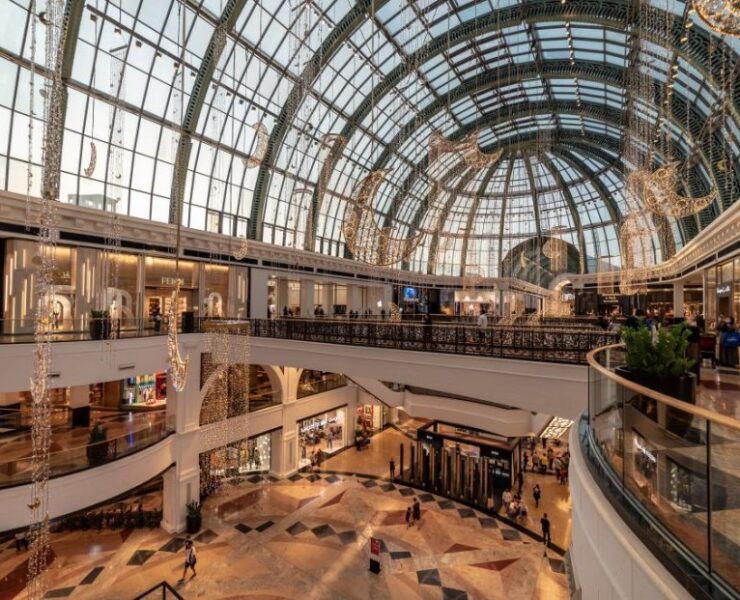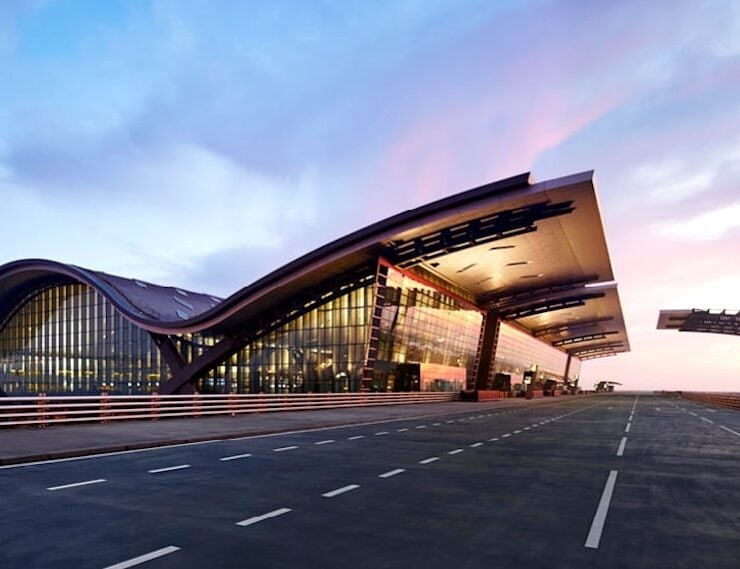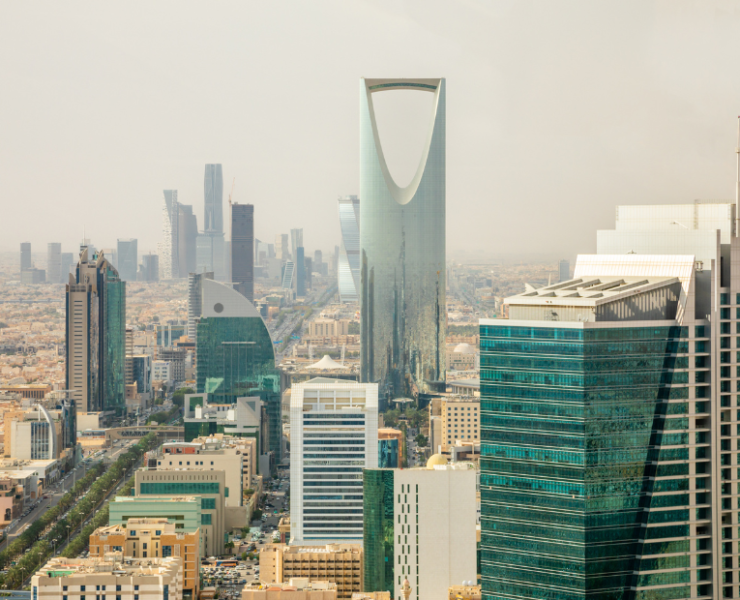GCC travel and tourism: On a steady path to growth
Chris Ross, chief commercial officer, EMEA Collinson, gives us insights into how the travel industry is contributing to the region’s economy and key travel trends
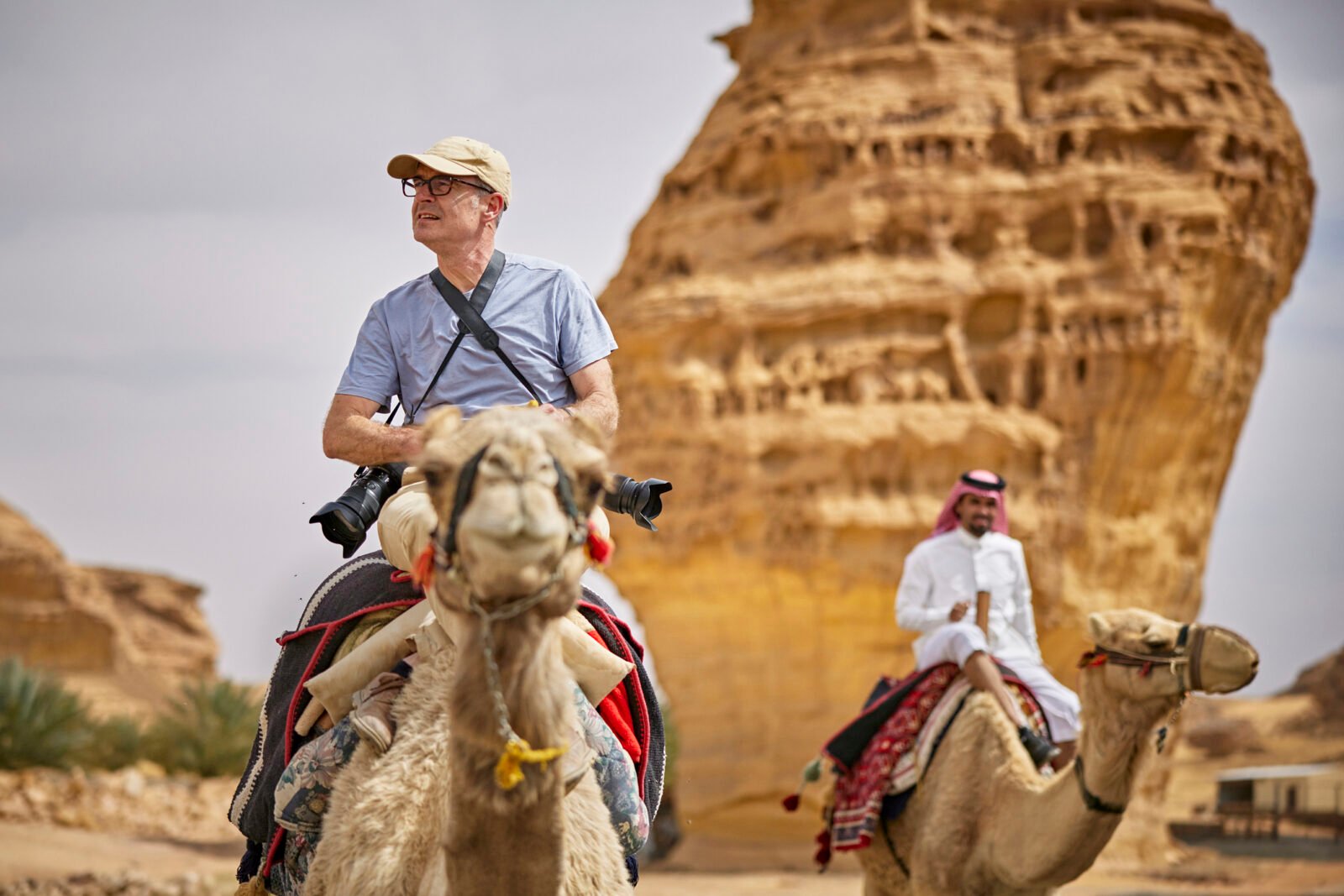
How is business in the GCC region given the travel industry has rebounded to pre- pandemic levels?
GCC region’s travel industry has rebounded strongly, surpassing 2019 tourist arrival levels by 15 per cent in Q1 2023, outperforming Europe. The UAE’s tourism sector is expected to contribute nearly Dhs181bn in 2023, just 1.5 per cent below pre-pandemic levels, with substantial job creation.
The UAE has for a long time been a key market for the GCC for inbound tourism and Saudi Arabia, in line with its Vision 2030 strategy, has invested heavily to advance its positioning as a tourist destination with the developments of destinations such as Al Ula.
We’ve seen a continued trend post-pandemic for travellers arriving at airports hours earlier than they used to and making the most of their pre-travel experience whether that’s using a lounge, shopping, or starting the trip early in F&B outlets.
We’ve also seen that travellers are increasingly booking trips for longer periods whether that’s through combining business trips with leisure trips or going on longer haul trips for more adventurous holidays.
Data also indicates that people are more willing to pay for premium experiences, whether they are seeking a little more space or extra comfort. Collinson has addressed this by adding more lounges and other experiences in the past year, covering 85 per cent of all international flights from the top 100 busiest airports globally.
As part of our broader approach to offer a wide array of airport experiences that extend beyond lounge access, we’ve introduced the largest Sleep ‘n Fly lounge at Dubai International and a second Sleep ‘n Fly lounge at Hamad International Airport in Qatar.
The GCC region is a thriving travel market how does it differ from other travel hot spots in Europe and Southeast Asia?
The GCC region’s travel market stands out when compared to other popular travel destinations in Europe and Southeast Asia. What makes the GCC distinctive is its remarkable resilience and rapid growth in the travel industry.
In the Middle East, there has been an impressive year-on-year increase in tourism, with a notable 28.1 per cent growth, contributing an additional $47bn to the regional economy. Even in the face of operational challenges and closed borders in some areas, air traffic in the MENA region has surged by an astonishing 114 per cent. This reflects the region’s ability to quickly adapt to changing consumer demand and its strong recovery.
Despite ongoing challenges such as inflation and rising travel expenses, Europe’s travel industry is showing resilience. It’s noteworthy that we cover 100 per cent of all flights departing from Dubai, ensuring convenient access to our services, regardless of the terminal from which travellers depart.
Tell us about your collaborative partnerships in the Gulf region and how you expect these to enhance travel solutions.
Collinsonis the global leader in the provision of airport experiences, loyalty, and customer engagement solutions. Our approach to travel loyalty goes beyond conventional programmes, uniquely rewarding travellers both before and during their journeys, setting us apart from other loyalty initiatives, especially in the Gulf region.
By forming strategic alliances, we empower consumers to accumulate points year-round when making purchases with an array of merchants, subsequently enhancing their travel experiences. We are resolutely dedicated to extending this regionally, ensuring that travellers seamlessly integrate our benefits with their existing loyalty programmes.
In the Middle East, we have a strong partnership with Emirates Skywards where we’ve worked to develop skywardsmilesmall.com which is powered by Collinson’s SmartEarn platform that helps boost Skywards Miles earning potential, whilst curating tailored and personalised rewards for members.
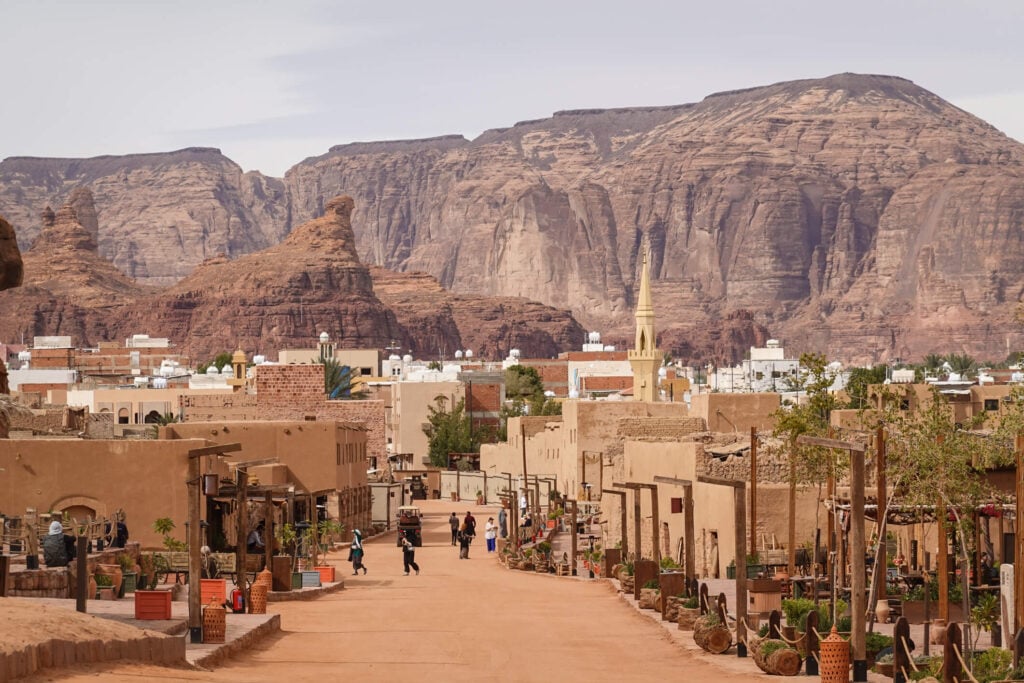
Additionally, Collinson’s SmartLink platform allows Emirates Skywards members residing in the UK and the US to link their payment cards and earn Miles when they shop with the participating partner brands.
Another key offering is Priority Pass, the travel and airport experience programme, and LoungeKey, a digital travel experiences programme, owned and operated by Collinson. Both are designed to enhance the airport experience for travellers. We recently conducted a global survey, which looked at travellers in different markets around the world and their behaviour.
Our study found that half (53 per cent) of global travellers can switch off easily when travelling if they can visit an airport lounge before they fly. This is particularly prevalent in the UAE, where a similar number of travellers in the UAE also feel that shopping duty-free (51 per cent) and experiencing food and beverage (41 per cent) are also the most effective ways to switch off pre-flight.
This is crucial information that helps us to tailor our loyalty solutions to meet the needs and wants of our members. We recently committed to enhancing the pre-flight airport experience through partnerships that provide premium lounge access for members, so their trips are seamless from the minute they leave the house.
Examples in the Middle East include The Primeclass Lounge at Muscat International Airport in Oman and the naSmiles Lounge at King Fahd International Airport in Dammam, Saudi Arabia. We also have a close partnership with Reward, a leading provider of personalised card-linked offers (or PCLO), which extends its reach into the Middle East.
Overall, our strategic partnerships seamlessly enhance the travel experience for our customers. Our collaborations encompass shopping rewards, premium lounge access, personalised offers, and flight delay assistance, ensuring travellers worldwide enjoy exceptional and hassle-free journeys.
Which travel trends are advancing customer experience and how do you see shaping up in the medium term?
Flexible travel and the combination of work and leisure whether that’s through the rise in ‘leisure’ trips or remote work abroad – we’re seeing a change in consumer attitudes whereby their travel experience from door to door is jampacked.
SmartDelay is a flight delay feature that gives back to members if a flight experiences a delay exceeding 60 minutes. They receive valuable benefits such as access to airport lounges. This service has received growing interest as travel companies have struggled during the ‘revenge travel’ period and we see it increasingly supporting the trend where travellers are deeply affected if something in their itinerary changes beyond their control.
We’re also witnessing a luxury evolution whereby travellers, including the younger generations, are actively seeking luxury experiences driven by influence on social media and heightened competition from airlines and hotels to offer the best deal and make travel more accessible across the board.
To meet this demand, we’re continuously evolving our rewards and offerings and continue to expand our lounge access and experiences for members globally. Many travellers are now yearning to disconnect from the constant distractions of their devices and immerse themselves in the serenity of nature during their vacations.
This new generation of travellers seeks an escape from reality and desires to learn survival skills, like fire-building and foraging for food, as part of their off-grid vacations, adding an adventurous dimension to their journeys. If you’re looking to truly go off the grid, the Middle East is an ideal destination.
Here, visitors can indulge in a variety of activities, such as camping under the desert stars, floating in the salty waters of the Dead Sea, and exploring the world’s wonders.
Give us insight into new travel trends such as wellbeing holidays and smart spending.
The travel industry in the UAE is witnessing transformative trends in response to changing traveller preferences. A noteworthy trend is a rise in ‘wellbeing holidays’ driven by the impact of digital connectivity on travellers.
Our recent study highlighted a rise in a term we coined FOSO the ‘fear of switching off’. The study found that 58 per cent of UAE travellers find it challenging to disconnect from their digital devices during vacations, with a quarter (28 per cent) admitting that they check their phones every 30 minutes or less – 10 per cent higher than the global average.
Seventy-four per cent of respondents in the UAE feel that managing their FOSO before travelling can greatly improve their overall wellbeing. When it comes to the ideal type of vacation for truly relaxing the best type of travel to switch off is a trip to the beach – followed by a city break, safari, or camping trip. The ideal time to go away is one week.
How is the use of digital technologies reshaping travel and tourism for both travellers and businesses in the industry?
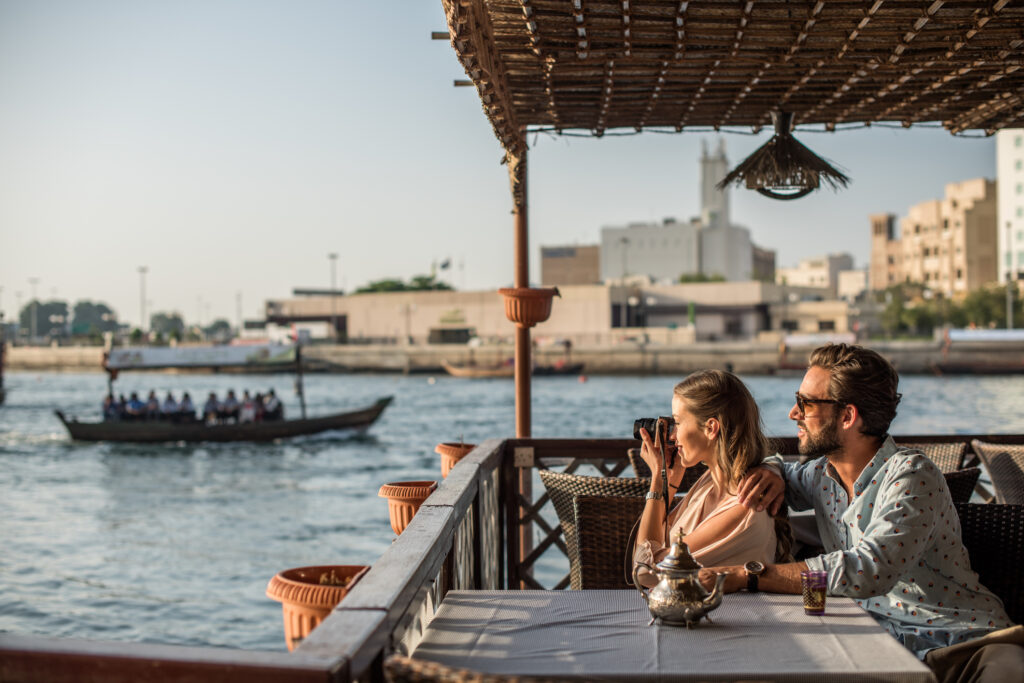 Digital tech is reshaping travel for customers by helping businesses like us to understand our customers better, and therefore tailoring their travel experiences accordingly. Collinson invests in the creation of an interconnected traveller experience, powered by technology and data, to facilitate a frictionless journey.
Digital tech is reshaping travel for customers by helping businesses like us to understand our customers better, and therefore tailoring their travel experiences accordingly. Collinson invests in the creation of an interconnected traveller experience, powered by technology and data, to facilitate a frictionless journey.
We are forging partnerships and collaborations across the travel ecosystem to develop disruptive technology that will benefit priority travellers.
Priority Pass and LoungeKey members, for instance, can pre-book essential travel services, such as ground transportation thanks to our partnership with CarTrawler, before they arrive at the airport. This makes each airport trip smoother, pleasant, and stress-free.
GCC countries are investing significantly in the travel and hospitality sectors. How is this contributing to economic growth in the region?
The GCC nations are strategically diversifying their economies away from oil and gas, with tourism recognised as a key viable industry. The UAE, particularly Dubai, exemplifies this transformation, luring investors with its expanding tourism offerings and favourable regulations. Saudi Arabia, Qatar and Oman are all actively working to boost visitor numbers.
Overall, GCC investments in the travel and hospitality sectors are spurring economic diversification, job creation, and infrastructure enhancement, making the region increasingly attractive for companies like Collinson that are reshaping the travel landscape for global travellers.
What’s the key focus for Collinson this year?
Our focus this year is showcasing exactly how we aim to always put the customer first, ensuring a stress-free and seamless travel experience from the minute they arrive at the airport and using a loyalty programme that offers customers the benefits and rewards that appeal to them where they feel rewarded.
The modern traveller seeks value-added benefits, and Priority Pass is renowned for providing a relaxed experience with luxurious facilities and amenities. We recently conducted another study that explored the value of travel benefits for consumers, and a lot of the results are pegged to their loyalty as payment card holders.
We found that 45 per cent of consumers are swayed by their card-holder decision dependent on airport lounge access as a reward benefit, which demonstrates how travel benefits are of such high importance when considering loyalty solutions.
We’re working closely to elevate our loyalty options with our partners in the UAE and globally to offer the best rewards and benefits for consumers.

